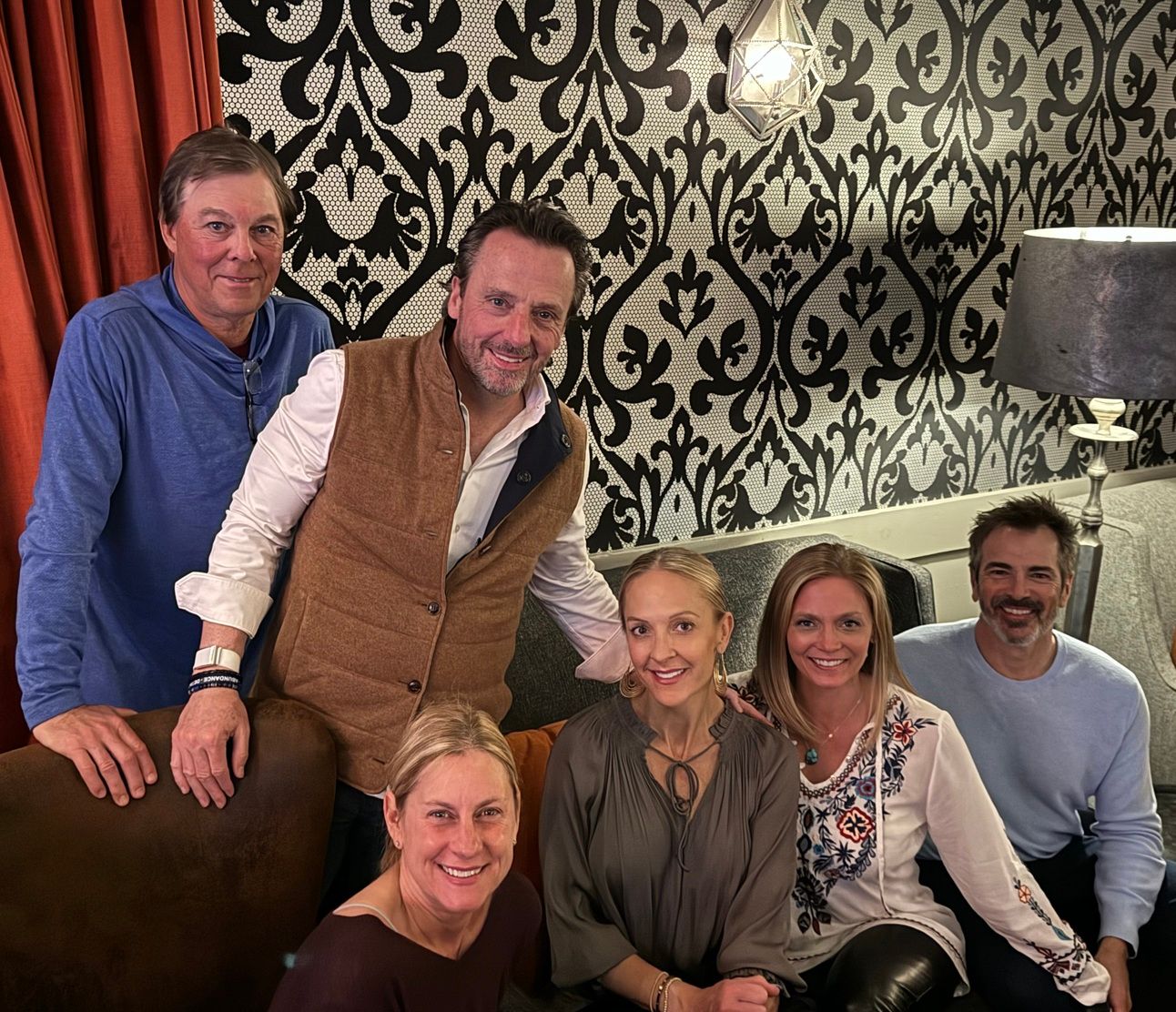- The 180 Project: Disrupting Conversations
- Posts
- Just Like That, We Get Attached! 🔗
Just Like That, We Get Attached! 🔗
When we feel anxious or frustrated about something, it’s a sign of attachment.

Just Like That, We Get Attached!
Have you ever found yourself hung up on a particular conversation, event, or outcome—past, present, or future? You can’t stop thinking it through—blow by blow, over and over.
When we feel anxious or frustrated about something, especially something we don’t have full control over, it’s a sign of attachment: being too connected or invested in something, often to the detriment of our ability to perform. With regards to our conversations, attachment inhibits our ability to objectively listen.
We’re conditioned to be attached from the time we’re born. It served our ancestors: early humans who needed to rely on each other and their surroundings to survive. But that’s no longer the case.
In fact, it’s detachment that helps us protect our energy and make better decisions for ourselves and our prospects.
In this issue, I’m sharing a story about the pitfalls of attachment and offering a reminder to check on your own attachment-based hangups in sales and beyond.
I hope you enjoy it!
– Dan

Breaking Sales is my podcast to connect with those who are ready to break free from the chains of old sales methodologies that don’t work.
🎙 On this episode of Breaking Sales, I chat with management consultant veteran Kirsten Markley to explore how she has learned to trust her ability to not label what she hears during her conversations as good or bad, and how this helps her out-compete her better-known competitors.
Listen in to our insightful conversation about Prioritizing Personal Detachment, and be sure to subscribe to hear more from the Breaking Sales podcast.
Think Different: Detaching In Our Daily Lives!
On a recent outing with my team, I found myself falling prey to the perils of attachment.
We were on a retreat in Scottsdale, Arizona. It had been a great trip, and we were at dinner at one of my favorite restaurants in the area. After a great meal in a fantastic atmosphere, we decided to take a group picture.
So, we organized the table, moving things around to get the best shot, and recruited our waiter to take the photo.
But he didn’t really know what he was doing. First, he cropped out our heads, then our torsos. His next attempt made our plates look like the star of the show. It was a good fifteen-minute fiasco, but ultimately, we got our shot.

Never did get that picture quite right…
As we were leaving, my colleague stopped by another table for a minute. When we were outside, she mentioned that she had apologized to one of the other diners.
“For what?” I asked.
“Well, we were making a bit of a ruckus, and I could tell he was getting annoyed.”
“He was getting annoyed?”
“Yeah, he was sitting behind you and kept turning around to give us the stink eye. I think he might have even complained to the servers,” she said.
Now I was getting annoyed. Worse, I was pissed. I felt like going back into the restaurant to ask the man what his problem was.
Why did a stranger’s response, one I hadn’t even seen, bother me so much?
I was attached.
I was attached to protecting my group. I knew we were good people—we’d even told the waiter he left a bottle of wine off the bill when he dropped off the check (“If I were you, I would’ve just paid and walked out,” he told us).
And here was this random jerk (I had some more choice words for him in my head) at another table, judging people I love. It was his judgment that annoyed me, but then I remember that judging is a symptom of attachment. Judging happens when we assign a value to something,or label it good or bad. He was also attached.
What do you think happens when two people interact—each attached to their perspective, values, and or experiences?
Nothing good, right?
Here’s the thing: it’s okay to be protective of the people and things we care about. But the reality is, being attached wasn’t doing me any favors. There was no physical threat. No one was at risk of harm (other than the pride I felt for my team). Allowing myself to be agitated with an ass was only going to make me an ass as well.
At the end of the day, I couldn’t control him. And I certainly didn’t need his energy in my life. That meant I had to let it go.
If you’re feeling attached—to a hurtful interaction, a particular outcome, or some other circumstance over which you can’t change—let this be your reminder to take a deep breath, recognize where you’re coming from and why you feel that way, and distance yourself from it.
Think about all the interactions you have each day—with family, friends, colleagues, and clients. When you become attached, you relinquish control and come from a place of weakness. When you detach you maintain control and come from a position of strength.
“True detachment is being able to care deeply about something while also being able to let it go completely.”
Thanks for reading!
Want to know more about the work I’m doing? Follow me on LinkedIn.
Was this newsletter shared with you? Subscribe here.
Learn more about Lappin180.
Reply